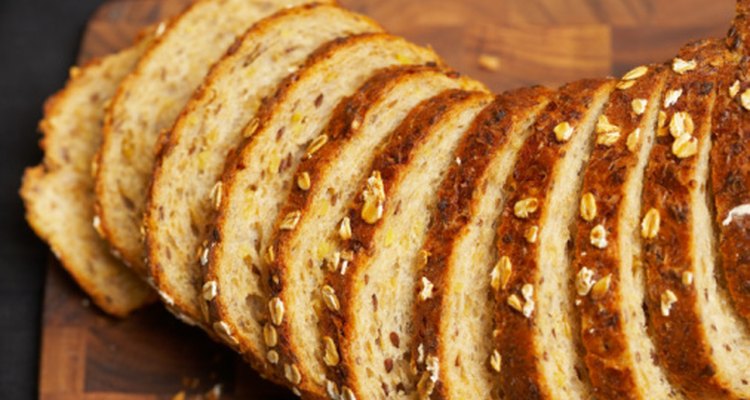
The term "stone ground" refers to how manufacturers grind wheat kernels to make flour. After cleaning the grain kernels using blasts of air, manufacturers use one of three types of milling processes to grind the kernels into powder. Roller milling uses a series of large rollers to squeeze the kernels. Hammer milling uses linked chains to flail the kernels. Stone milling uses large rotating stones to grind the kernels into flour.
Potential
Generally, stone milling is a relatively cool process, which might give it an advantage. High temperatures during milling cause the oils in grain to turn rancid. For example, flour produced through roller milling might spoil faster than flour produced through stone milling.
Expert Insight
No consensus exists concerning the advantages of stone-ground wheat. Some industry professionals believe that stone milling will create flour that lasts longer, but others disagree. It’s possible that some stone-milling equipment also creates high temperatures, which means their products are just as likely to turn rancid as other types of flour. Also, some manufacturers might use a combination of stone and roller milling, but market the flour as stone ground.
Significance
The term "stone ground" could mean the manufacturer combined a small amount of stone-ground flour with a large amount of white flour. If you are most interested in the taste and texture of the flour or bread, look for products that contain 100-percent stone-ground wheat. This should help eliminate the products that use flours from other types of milling processes.
Considerations
"Stone ground," "cracked wheat," "multigrain" and similar terms might seem to indicate breads and flours contain nutritious fiber, but they often are nothing more than marketing terms. Rather than rely on terms like "stone ground" to determine the healthiness of bread or flour, check the first ingredient on the product label for the word "whole." For example, the terms "whole wheat" and "whole grain" indicate bread or flour contains nutritious fiber. "Oats" or "rolled oats" also are signs the food is healthy.
Related Articles

Does Flour Spoil?
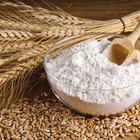
Differences Between Bleached Flour & ...

What Additives Are in Flour?

How to Add Gluten to All-Purpose Flour

What Is Amaranth Flour?

Psyllium Husk & Gluten
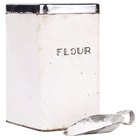
Does Flour Expire?

Can You Substitute Whole Wheat Pastry ...

Can You Use Musty Smelling Flour?

If Flour Has Never Been Opened Can It ...
Is Unbleached Flour the Same as ...
How to Keep Flour for Long-Term Storage

Alternative Flours to Make Pizza

Can I Substitute Bleached for ...

Chemicals in Enriched Flour
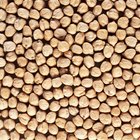
How to Roast Chickpea Flour
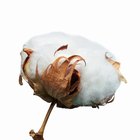
Ring Spun Cotton vs. Combed Cotton

Does Flour Get Old or Go Bad?

The Difference Between Wrinkle-Free & ...
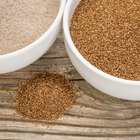
Is Teff Flour Gluten-Free?
References
Writer Bio
Stan Mack is a business writer specializing in finance, business ethics and human resources. His work has appeared in the online editions of the "Houston Chronicle" and "USA Today," among other outlets. Mack studied philosophy and economics at the University of Memphis.
Photo Credits
Jupiterimages/Photos.com/Getty Images